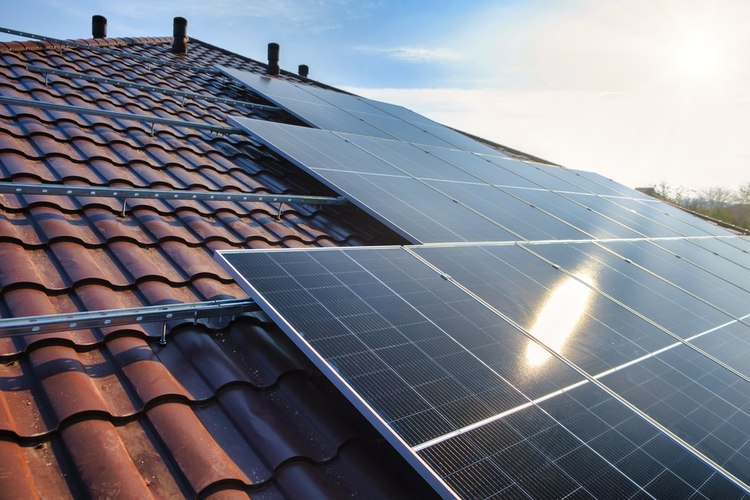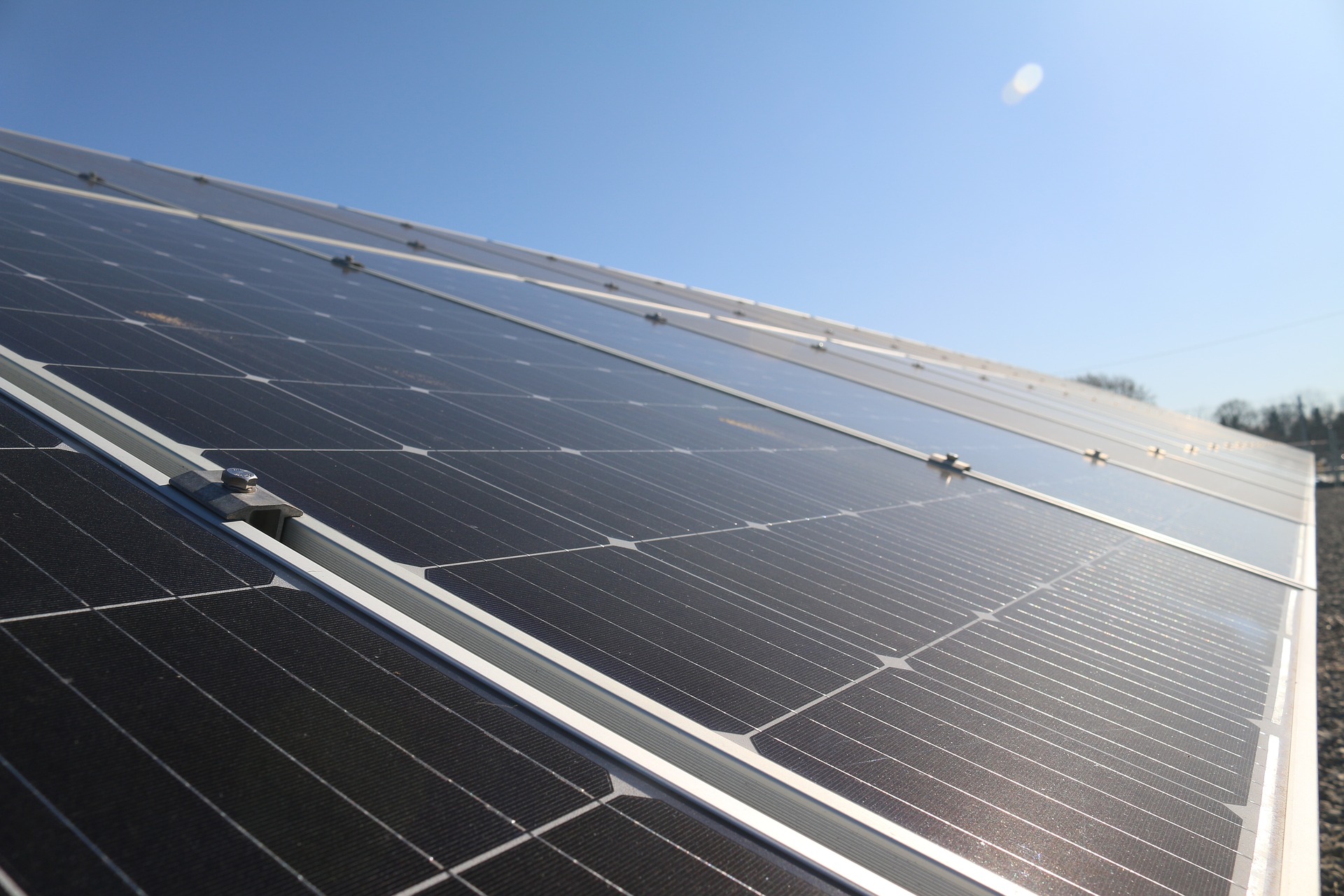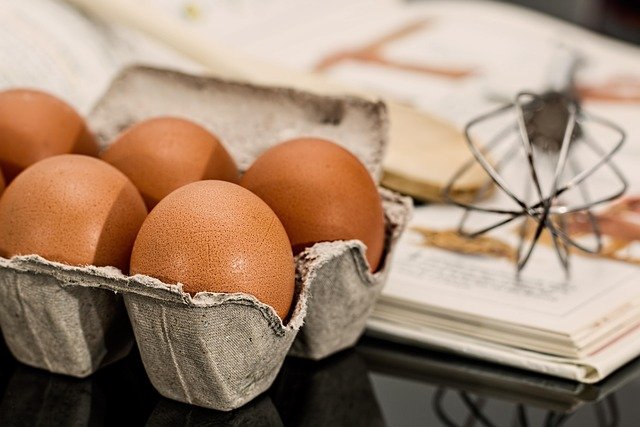Heat Pump Prices 2025 – Compare Residential Heat Pump Costs
As homeowners increasingly seek energy-efficient heating and cooling solutions, heat pumps continue to gain popularity across the UK. Understanding the projected costs of these systems for 2025 is essential for budget planning and making informed decisions about home heating upgrades. Heat pump technology has evolved significantly, offering various options to suit different residential needs, from standard air source units to more specialized ground source systems. This article examines the expected pricing trends for residential heat pumps in 2025, comparing different types, installation considerations, and factors that influence overall costs.

Residential Heat Pump Prices in 2025
The residential heat pump market is expected to see some notable price shifts in 2025. Air source heat pumps, which remain the most common residential option, are projected to range between £7,000 and £13,000 for standard systems. This represents a modest decrease from previous years due to increased manufacturing scale and competition. Ground source heat pumps, while offering greater efficiency, will likely maintain their premium position with prices ranging from £13,000 to £25,000, depending on property size and ground conditions.
Several factors influence residential heat pump pricing in 2025. Government incentives and grants continue to offset initial costs, with the Boiler Upgrade Scheme providing up to £5,000 for air source installations and £6,000 for ground source systems. Additionally, technological advances in heat pump efficiency are helping to balance out inflationary pressures on hardware components. Homeowners should also consider that while initial costs remain significant, operational savings over a system’s 20+ year lifespan provide substantial long-term value.
Heat Pump Installation Prices Explained
Heat pump installation represents a significant portion of the overall system cost. In 2025, installation costs for residential heat pumps are expected to average between £3,000 and £8,000, depending on system complexity and property requirements. This figure includes necessary electrical upgrades, pipe installations, and fitting of the outdoor unit and internal components.
Installation complexity varies considerably based on property type and existing heating infrastructure. Converting from a conventional gas boiler to a heat pump system typically requires more extensive modifications than replacing an older heat pump. Properties with radiators may need upgrades to larger units or conversion to underfloor heating for optimal efficiency. Additionally, installation costs tend to be higher in homes with limited outdoor space or challenging access points for ground works.
Professional installation is critical for system performance, with accredited installers commanding higher rates but providing assurance through manufacturer warranties and compliance with building regulations. Many installers now offer comprehensive packages that include system design, installation, and commissioning, which can provide better value despite the higher initial price point.
High Temperature Large Scale Heat Pumps for Industrial Use
While residential systems dominate the heat pump market, industrial-scale high-temperature heat pumps represent a growing sector with distinct pricing considerations. These systems, designed for commercial buildings, manufacturing facilities, and district heating networks, typically cost between £50,000 and £500,000 depending on capacity and specifications.
High-temperature industrial heat pumps operate efficiently at temperatures up to 160°C, making them suitable for process heating applications previously reliant on fossil fuels. This capability has driven significant demand in industrial sectors seeking to decarbonize operations. Cost factors for these systems include not only the base unit price but also extensive engineering, installation requirements, and integration with existing industrial processes.
The return on investment calculation for industrial heat pumps differs from residential applications, with payback periods typically ranging from 3-7 years depending on energy prices and usage patterns. While initial capital costs remain high, industrial users benefit from economies of scale that improve the cost-effectiveness compared to multiple smaller systems.
Heat Pump Installation for Seniors Price Guide 2025
Heat pump installation for senior homeowners presents unique considerations that affect pricing in 2025. Specialized installations focused on ease of use, accessibility, and minimal maintenance requirements typically add 10-15% to standard installation costs. However, several grant programs specifically target senior homeowners to offset these expenses.
The Senior Heating Assistance Program, available in several regions, provides additional subsidies of £1,000-£2,500 for qualifying homeowners over 65. These grants are designed to encourage heat pump adoption among seniors by reducing the financial burden. Additionally, some installers offer senior-specific packages that include extended warranties, priority service agreements, and simplified control systems with larger displays and more intuitive interfaces.
Installation considerations for senior homeowners often include positioning controls at accessible heights, installing remote monitoring systems for family members, and ensuring outdoor units are placed in easily accessible locations for maintenance. While these features may increase initial costs, they provide valuable quality-of-life improvements and potentially lower long-term maintenance expenses.
Comparing Heat Pump Systems and Their Costs
When comparing heat pump options in 2025, understanding the relationship between system type, capacity, and cost is essential for making informed decisions. The table below provides a comprehensive comparison of different heat pump systems based on current market projections:
| Heat Pump Type | Average System Cost | Installation Cost | Operating Cost (Annual) | Typical Lifespan |
|---|---|---|---|---|
| Air Source (Standard) | £7,000 - £10,000 | £3,000 - £5,000 | £550 - £800 | 15-20 years |
| Air Source (High Efficiency) | £9,000 - £13,000 | £3,500 - £6,000 | £450 - £700 | 18-22 years |
| Ground Source (Horizontal) | £13,000 - £18,000 | £5,000 - £8,000 | £350 - £600 | 20-25 years |
| Ground Source (Vertical) | £15,000 - £25,000 | £7,000 - £12,000 | £300 - £550 | 20-25 years |
| Air-to-Water | £8,000 - £11,000 | £3,500 - £6,000 | £500 - £750 | 15-20 years |
| Hybrid Systems | £10,000 - £15,000 | £4,000 - £7,000 | £400 - £650 | 15-20 years |
Prices, rates, or cost estimates mentioned in this article are based on the latest available information but may change over time. Independent research is advised before making financial decisions.
When selecting a heat pump system, capacity and efficiency ratings significantly impact both initial and operating costs. Systems are typically sized according to property dimensions and insulation quality, with oversized units costing more upfront and potentially operating less efficiently. Conversely, undersized systems may struggle to maintain comfortable temperatures during extreme weather, leading to supplemental heating costs.
Energy efficiency, measured by the Coefficient of Performance (COP) or Seasonal Coefficient of Performance (SCOP), directly affects operating costs. Higher-rated systems command premium prices but deliver greater long-term savings. For a typical UK home, selecting a system with an SCOP above 3.5 generally provides the optimal balance between initial investment and operational efficiency.
Conclusion
Heat pump prices in 2025 reflect continued evolution in the residential heating market, with modest price decreases for standard systems offset by premium options with advanced features. While the initial investment remains significant compared to conventional heating systems, improved efficiency, governmental support, and extended lifespans contribute to favorable long-term economics. Homeowners considering heat pump installation should thoroughly evaluate their property’s specific requirements, explore available incentive programs, and obtain multiple quotations from certified installers to secure the best value. As the market continues to mature, heat pumps are becoming an increasingly accessible option for sustainable home heating across diverse property types and budgets.




